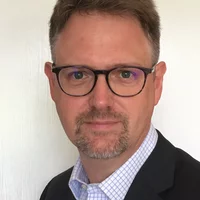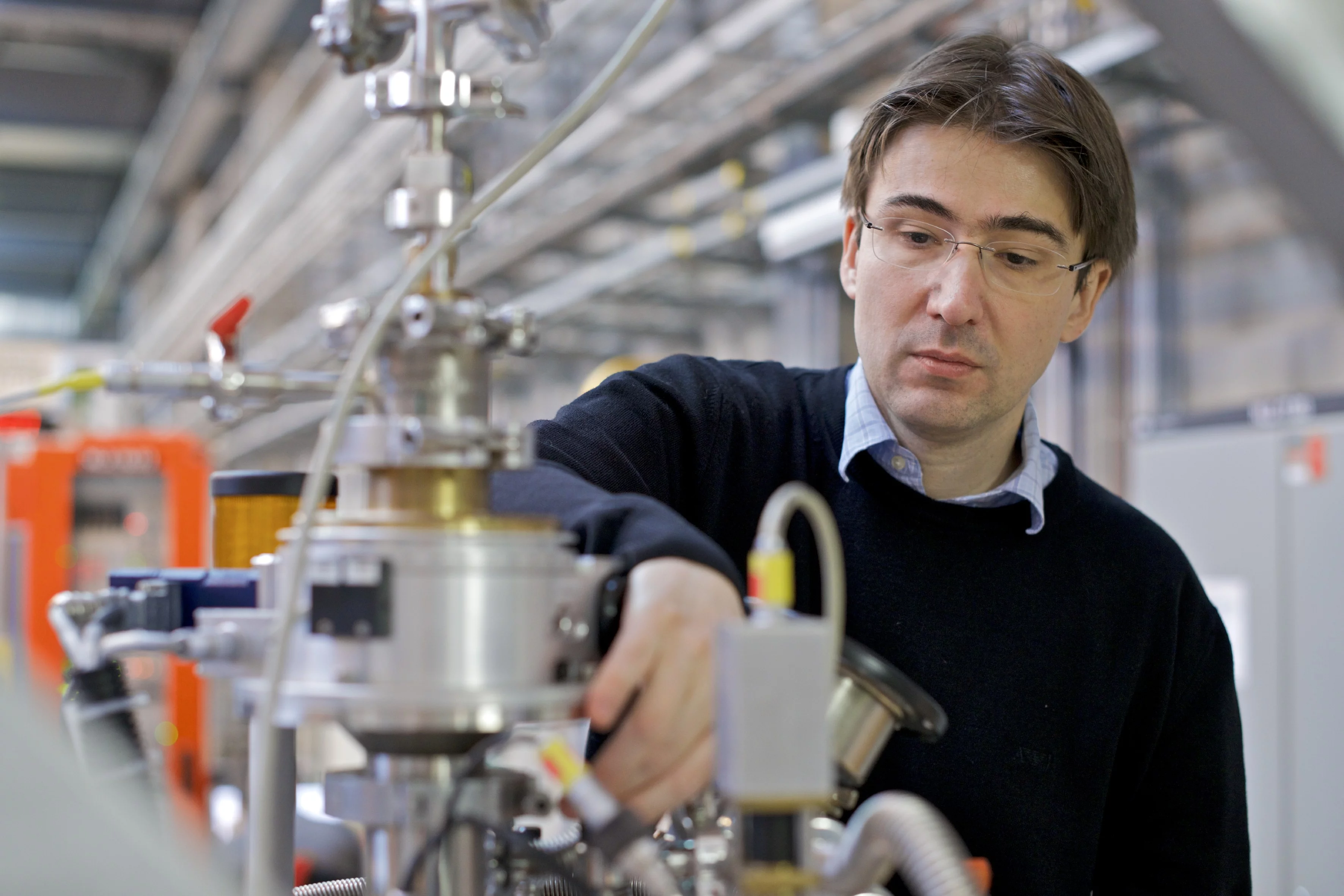This year’s Nobel Prize for Physics goes to David Thouless, Duncan Haldane, and Michael Kosterlitz for their investigations of topological phases and phase transitions in matter. This could have practical relevance one day for novel materials, for data storage, and for quantum computers. The Academy also cited, in its background report, experiments carried out by Michel Kenzelmann, who today is a laboratory head at the PSI. He and other researchers at the PSI continue to do experiments based on the theories that now have been honoured with the Nobel Prize.
This year’s Nobel Prize for Physics is awarded for theoretical studies of the states of matter. The prize goes to David Thouless, Duncan Haldane, and Michael Kosterlitz for their investigations of topological phases and phase transitions of matter. Their studies, done in the 1970s and 1980s, could one day have practical relevance for novel materials, data storage, and quantum computers.
This year’s Laureates opened the door on an unknown world where matter can assume strange states,
reads the explanatory statement from the Royal Swedish Academy of Sciences. They have used advanced mathematical methods to study unusual phases, or states, of matter, such as superconductors, superfluids, or thin magnetic films.
In its background report, the Academy also cited experiments that Michel Kenzelmann has conducted on phenomena that, in the meantime, were named for Duncan Haldane: the Haldane phase and the Haldane excitation. Today Kenzelmann is the head of the Laboratory for Scientific Developments and Novel Materials at the Paul Scherrer Institute PSI. The works that have now been honoured with the Nobel Prize are of a purely theoretical nature and were also, in the beginning, very controversial,
Kenzelmann says. At the time hardly anyone would have thought that it could also be realised in nature. Yet in the meantime this has been done successfully — in experiments that took place at the PSI, among others.
The research of Thouless, Haldane, and Kosterlitz belongs to the field of quantum materials. This is a central research area at the Paul Scherrer Institute. The investigation of novel quantum materials requires large-scale research facilities like those we have at the PSI. In-depth insights will be made possible in the future by the new PSI facility SwissFEL and the upgraded SINQ and SLS,
Kenzelmann asserts.
The chemistry of quantum materials is also important,
Kenzelmann notes. These novel materials must first be found and then produced in the desired form. For that, too, we at PSI have the needed knowledge and the means to do it.
The important aspect of these new materials is that they exhibit novel states in which the electrons are entangled with each other over very large length scales. That is, each electron knows what another electron very far away is doing,
Kenzelmann says.
This entanglement leads to novel forms of order in the materials, and in turn these forms of order could possibly prove technologically useful someday: These novel, hidden order phenomena could be used in the area of data storage,
Kenzelmann says. And this research is also indispensable for the development of potential quantum computers.
Text: Paul Scherrer Institute/Laura Hennemann
Contact
Prof. Michel Kenzelmann, Laboratory for Scientific Developments and Novel Materials, Paul Scherrer Institute, 5232 Villigen PSI, SwitzerlandTelephone: +41 56 310 53 81; e-mail: michel.kenzelmann@psi.ch [German, English]

